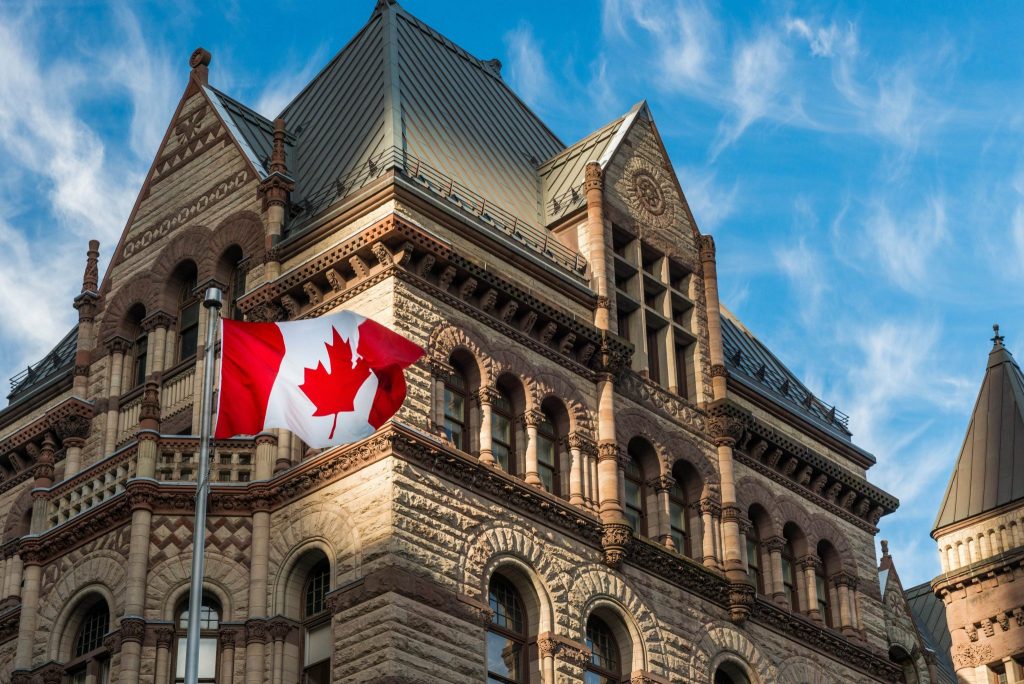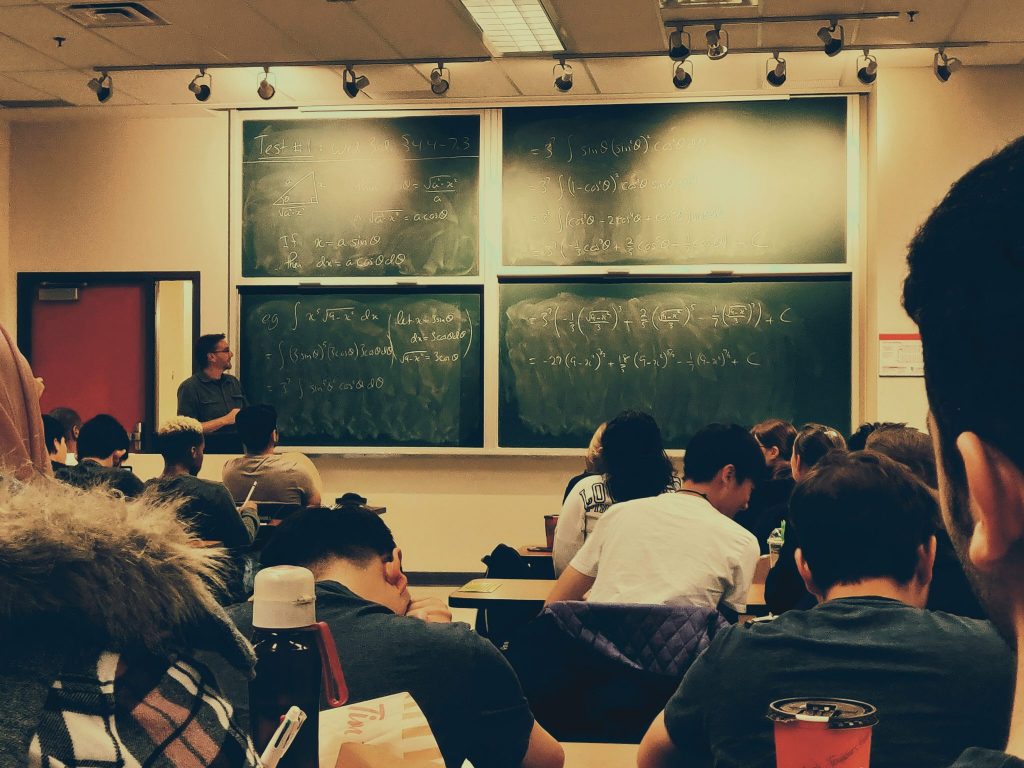The right choice of a programme has a significant impact on obtaining a student visa and further moving to Canada. Therefore, we recommend carefully reading all types of programmes and choosing based on your existing work experience, previous education, age and plans.
In Canada, there are the following types of educational programmes:
- Certificate programmes
- Diploma programmes
- Bachelor’s degree
- Post-Baccalaureate Diploma
- Graduate Certificate and Graduate Diploma programmes
- Master’s degree
- Doctorate

Certificate programme
Programme duration: 8 months – 1 year
What you get as a result: a certificate without a scientific degree
Provider: college or university
Age: from 17 years old
Minimum requirements for previous education: high school diploma
English: IELTS 6.0 or equivalent
You can complete this programme in 1-2 semesters. During the training, you receive highly specialised knowledge in a particular area. You get concentrated knowledge in a particular discipline, which you can immediately apply in the workplace. You can compare programmes of this level with training that takes place in some programmes and industries.
Obtaining a certificate will allow yesterday’s schoolchildren to acquire the necessary competencies for a quick entry into the labour market, or it can be in addition to basic education if you need to receive training or build new knowledge for your current workplace.
Diploma programmes
Programme duration: 2-3 years
What you get as a result: a diploma without a scientific or applied degree
Provider: college or university
Age: from 17 years old
Minimum requirements for previous education: high school diploma
English: IELTS 6.0 or equivalent
This programme also focuses on preparing the student for work in a particular speciality, but unlike the certificate programme, it allows you to get more extensive knowledge.
Here you will not be distracted by general education subjects and get the basic skills necessary for a particular profession. Often there is a Co-op semester option when you have the opportunity to do an internship/work for one semester in a company in your chosen speciality. This programme will not give you a scientific degree, but in the future, the passed subjects may be cross-credited for obtaining a bachelor’s degree at university.
You can enter the programmes of this level immediately after high school.

Bachelor’s degree
Programme duration: usually four years
What you get as a result: a bachelor’s degree
Provider: university or college
Age: from 17 years old
Minimum requirements for previous education: school leaving certificate (grades 11-12)
English: IELTS 6.5 or equivalent
Bachelor’s degree is classical studies at a university where you get general knowledge for the first two years and applied knowledge in the chosen speciality for the second two years. Some universities also offer an additional year of internships in Canadian companies.
At the end of a bachelor’s degree at a university, you get an academic degree; at the end of a bachelor’s degree at a college, you get an applied degree.
Post-Baccalaureate Diploma
Programme duration: usually two years
What you get as a result: diploma
Provider: university or college
Minimum requirements for previous education: bachelor’s degree, sometimes a little work experience is required.
English: IELTS 6.5 or equivalent
Depending on the institution, it can refer to both Undergraduate and Graduate programmes.
Such programmes are chosen by students who do not have specialised education in their work area before entering the master’s programme.
For example, a student has a bachelor’s degree in economics, but he has been working in marketing for a couple of years. In this case, Post-baccalaureate in marketing is logical.
Graduate Certificate and Graduate Diploma programmes
Programme duration: 1-2 years
What you get as a result: diploma
Provider: university or college
Age: from 21 years old
Minimum requirements for previous education: bachelor’s degree or 2-3 years of completed college education
English: IELTS 6.5 or equivalent
These programmes allow you to deepen your knowledge in your speciality and receive intensive training. For example, if you work as an engineer but would like to grow in project management.
For admission, you must have a bachelor’s degree. In the future, you can cross-credit the subjects passed on this programme when applying for a master’s programme (if the speciality is similar).

Master’s degree
Programme duration: 1-3 years
What you get as a result: a master’s degree
Provider: university
Age: from 21 years old
Minimum requirements for previous education: bachelor’s degree, work experience
English: IELTS 6.5 or higher or equivalent
Classic master’s programmes are based on past academic and work experience. Therefore, they require a bachelor’s degree and work experience in the chosen field. Great for those who are already professionals in their field and are planning a long-term move to Canada.
Doctorate Degree (PhD)
Programme duration: 3-6 years
What you get as a result: PhD
Provider: university
Age: from 21 years old
Minimum requirements for previous education: Master’s degree
Higher academic level programmes leading to a PhD. For the first 2-3 years, you attend full-time courses, and the remaining time you write a dissertation on a chosen topic.

Additional options
Collaborative programmes
A programme in which two years of study take place at a college and two years of study at a university. As a result, you get two diplomas: a college diploma and a bachelor’s degree.
Co-op semester
An additional option that you can choose during your study on the main programme. Thanks to this option, you get a “working semester” when working in a company, gaining experience, and getting the necessary recommendations. Not all programmes have a co-op semester, so it’s better to check its availability in advance.
Remember that the programme level you choose should correspond to the educational logic of professional development and gaining new knowledge in your field. Therefore, for example, specialists with higher education and work experience shouldn’t choose bachelor and college-level programmes. It would be better to pay attention to postgraduate, master or doctoral programmes.
Our company is always happy to help you choose programmes according to your goals and background.



